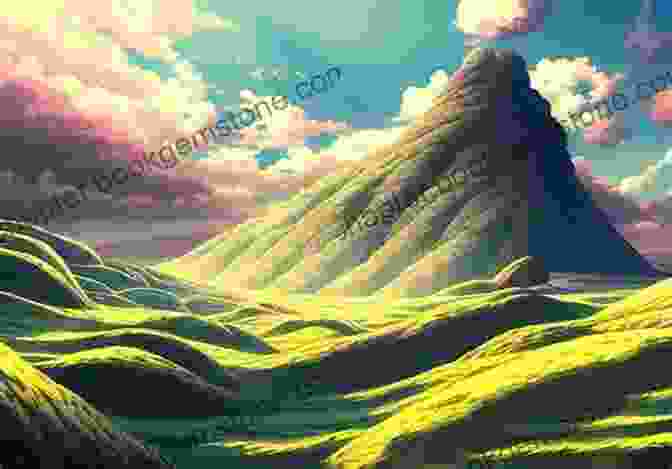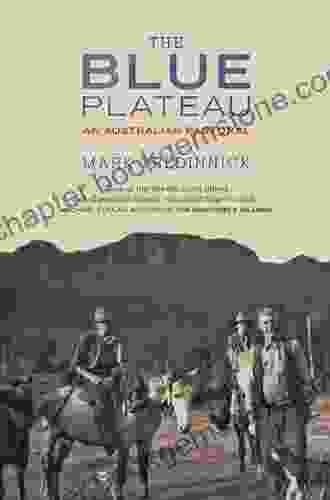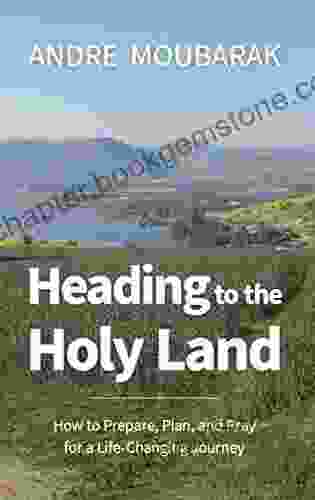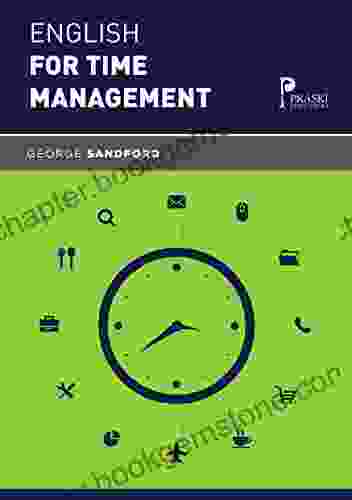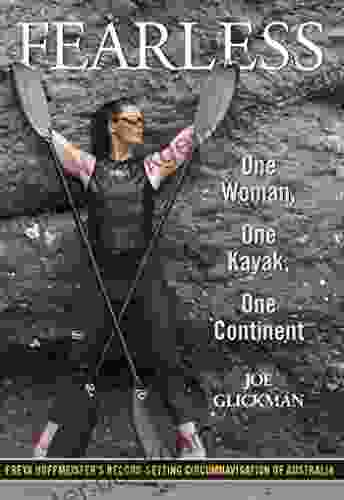The Blue Plateau, written by Miles Franklin in 1931, is a captivating Australian pastoral novel that offers a profound exploration of the human experience against the backdrop of the unforgiving outback. Through the poignant journey of young Euphemia Macpherson, Franklin paints a vivid portrait of homestead life, Aboriginal perspectives, and the transformative power of the Australian landscape.
5 out of 5
| Language | : | English |
| File size | : | 1611 KB |
| Text-to-Speech | : | Enabled |
| Screen Reader | : | Supported |
| Enhanced typesetting | : | Enabled |
| Word Wise | : | Enabled |
| Print length | : | 274 pages |
| Lending | : | Enabled |
Set in the vast and remote Pilbara region of Western Australia, The Blue Plateau transports readers to a world of stark beauty and formidable challenges. Euphemia, the novel's protagonist, finds herself thrown into the unknown as she leaves the comforts of her childhood home to join her husband at their remote cattle station. As she navigates the rugged terrain and learns the harsh realities of bush pioneering, Euphemia discovers hidden strengths within herself and forms unexpected connections with the land and its people.
A Compelling Coming-of-Age Story
At the heart of The Blue Plateau is Euphemia's coming-of-age journey. Having grown up in a sheltered and genteel environment, she is initially overwhelmed by the stark reality of her new surroundings. But with each passing day, she learns to adapt and overcome adversity, drawing inspiration from the resilience of the pioneers around her and the wisdom of the Aboriginal people.
Euphemia's journey is one of self-discovery and transformation. As she faces challenges head-on, she learns the importance of courage, empathy, and perseverance. She develops a deep understanding of the land and its Aboriginal custodians, and in ng so, she finds a profound connection to her own identity.
Historical and Cultural Context
The Blue Plateau is not only a gripping personal narrative but also a valuable historical document that sheds light on the lives of Australian pioneers and the complexities of race relations in the early 20th century. Franklin draws on her own experiences as a bush pioneer to provide an authentic portrayal of homestead life, cattle ranching, and the hardships faced by settlers in the remote outback.
Equally important is the novel's exploration of Aboriginal perspectives. Franklin challenges prevailing stereotypes and offers a nuanced portrayal of Aboriginal characters, their culture, and their connection to the land. Through her interactions with the Aboriginal stockman, Wombarra, Euphemia gains invaluable insights into the richness and diversity of Indigenous knowledge and traditions.
The Power of the Australian Landscape
The vast and unforgiving outback landscape plays a central role in The Blue Plateau. Franklin's vivid descriptions of the rugged terrain, the relentless heat, and the ever-present threat of drought create a palpable sense of the challenges faced by settlers. Yet, amidst the harshness, she also captures the beauty and majesty of the Australian bush.
The landscape becomes a transformative force in Euphemia's life. It tests her limits, pushing her to confront her vulnerabilities and discover her resilience. But it also provides a source of solace and inspiration, reminding her of the indomitable spirit that has shaped the Australian nation.
Literary Significance
The Blue Plateau is widely regarded as a classic of Australian literature. Its enduring appeal lies in its compelling narrative, rich characterization, and insightful exploration of Australian identity and history. Franklin's vivid prose and deep understanding of the outback environment make The Blue Plateau a timeless work that continues to captivate readers generations after its initial publication.
The novel has received numerous accolades, including the prestigious Miles Franklin Award in 1957. It has been translated into several languages and adapted into a successful television series. The Blue Plateau remains a beloved and important work in the Australian literary canon, offering valuable insights into the nation's past and its ongoing journey towards reconciliation.
The Blue Plateau is a captivating and thought-provoking novel that offers a profound exploration of the human experience in the face of adversity. Through Euphemia's journey, readers gain a deep appreciation for the resilience of Australian pioneers, the wisdom of Aboriginal culture, and the transformative power of the Australian landscape.
Whether you are interested in Australian history, literature, or simply a good story, The Blue Plateau is a must-read. Its timeless themes and engaging narrative will stay with you long after you finish the final page.



